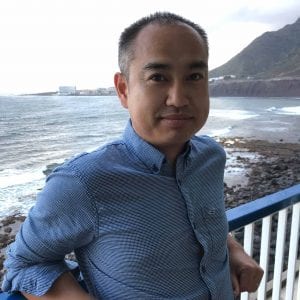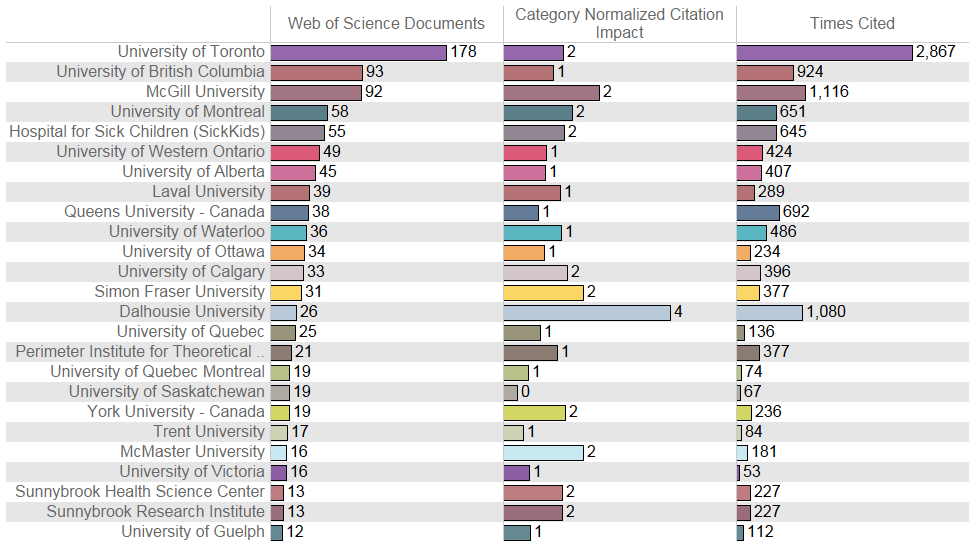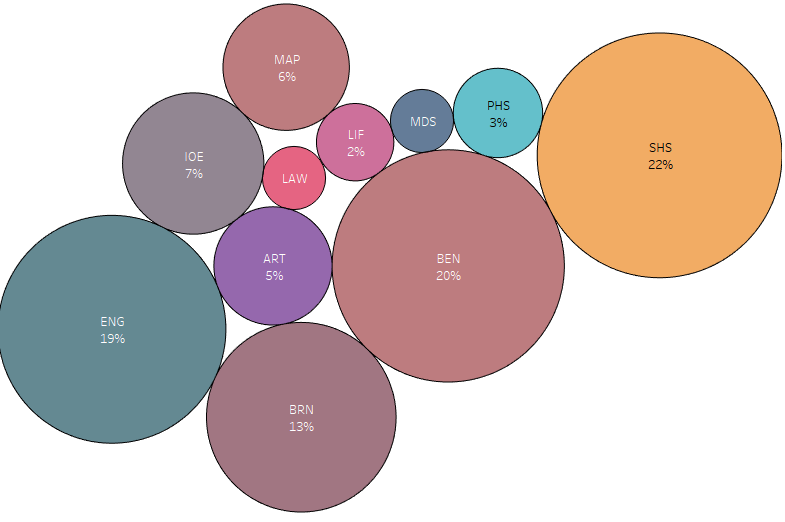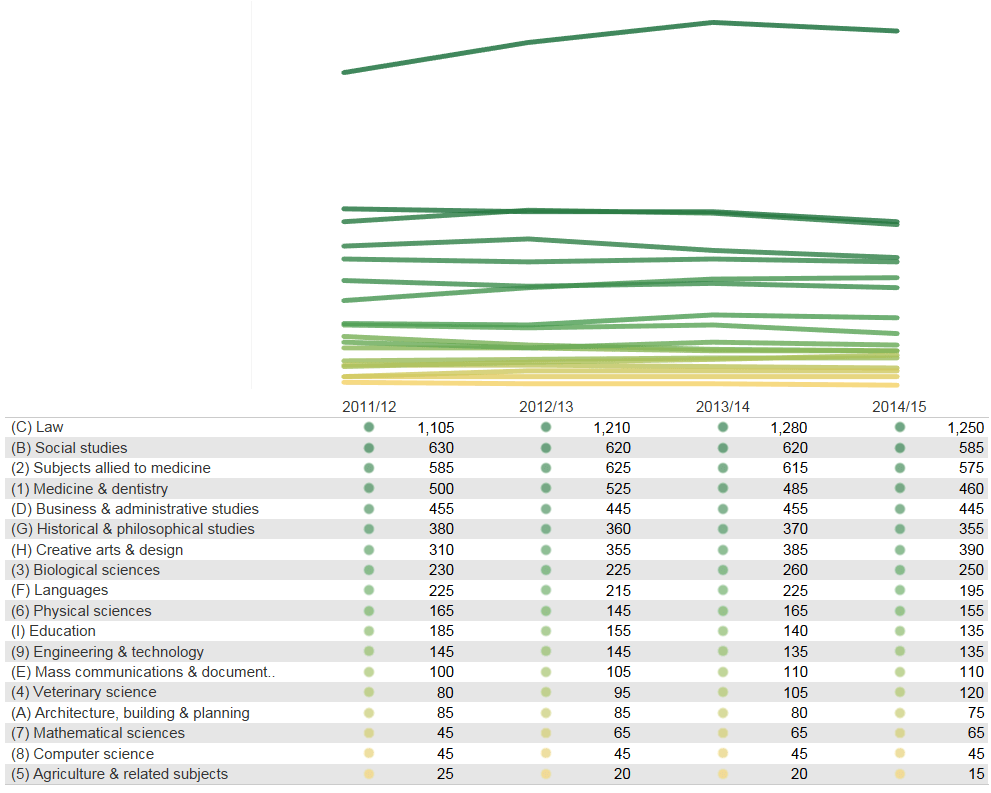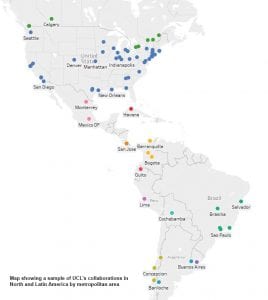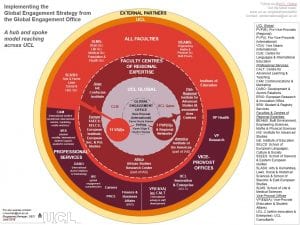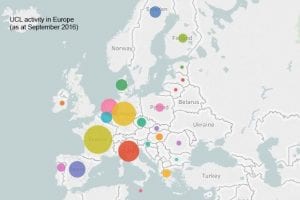How Nine Weeks in Toronto Changed the Course of My PhD
By Guest Blogger, on 5 March 2020
 Daniyal Jafree (centre) is a MB/PhD student in UCL’s Great Ormond Street Institute of Child Health, combining a clinical MBBS degree with a PhD in the basic sciences. His research focuses on the development of lymphatic vessels in the kidney and in July 2019, he had the opportunity to delve deeper into his investigation by collaborating with researchers at the University of Toronto (U of T) to find out more about how these vessels are made.
Daniyal Jafree (centre) is a MB/PhD student in UCL’s Great Ormond Street Institute of Child Health, combining a clinical MBBS degree with a PhD in the basic sciences. His research focuses on the development of lymphatic vessels in the kidney and in July 2019, he had the opportunity to delve deeper into his investigation by collaborating with researchers at the University of Toronto (U of T) to find out more about how these vessels are made.
Through UCL’s Bogue Fellowship scheme, which supports research visits to laboratories in the United States and Canada, Daniyal travelled to SickKids Hospital in Toronto, one of Canada’s most research-intensive children’s hospitals and an affiliate of U of T. Daniyal spent nine weeks at the hospital’s academic research institute, the Peter Gilgan Centre for Research and Learning (PGCRL), where he completed his research, re-planned the remainder of his PhD, and formed lasting connections with the team he met there.
Q: Can you briefly describe what your research was about?
My research is all about understanding lymphatic vessels in the kidney. Lymphatic vessels act like a waste disposal system and remove debris, excess fluid and cells from almost every organ. Heart attacks, cancer and dementia are all examples of diseases that feature faulty lymphatic vessels, highlighting the importance of this waste disposal system for healthy life. But how do lymphatic vessels first grow in the kidney, an organ that itself acts as a waste disposal system for our body? This question was partly answered by my PhD research, as we used three-dimensional imaging techniques to show exactly how lymphatic vessels first appear and form in the kidney. My research in Toronto was about taking our work to the next level, by understanding where the actual building blocks (the cells) that form the kidneys’ waste disposal system come from. This kind of information is important because targeting lymphatic vessels might lead to a completely new way of tackling kidney diseases.
Q: How did you hear about the Bogue Fellowship and what made you want to apply?
My Bogue Fellowship came to be by complete coincidence. I’ve always wanted to travel around and experience research in another academic environment. I’d also heard a lot about the amazing calibre of research at SickKids Hospital and how U of T and UCL have a really well-established partnership. At a conference in the UK, my supervisor Dr David Long and I were discussing my ideas with Professor Norman Rosenblum, an internationally renowned expert in kidney development and disease. He took an interest in our work and kindly suggested I visit his laboratory in Toronto where, coincidentally, he had all the tools and techniques I needed for my research. I was mind-blown to find that he was a clinician and scientist at SickKids Hospital; I’d heard about the exciting things they do there. I then looked up what UCL had on offer to support my visit to SickKids and the Bogue Fellowship came up—everything seemed to be falling into place!
Q: What unique research opportunities did you have at SickKids?
My research needed an advanced genetic engineering technique that enables scientists to ‘tag’ stem cells to see where they end up and how. The specific tools to carry out this technique, which I required to assess how kidney lymphatics form, weren’t available in London, nor anywhere else in the UK or Europe! However, SickKids had all of the things I needed. All in one place.
Q: How did collaborating with an international team benefit your work?
In the nine weeks I spent at SickKids I completed my research and found what I was looking for, with a lot of help from members of Professor Rosenblum’s laboratory. These individuals are amongst the brightest and best I’ve met in investigating kidney development and genetic diseases that affect the kidney. Watching their way of working, their rigour and the level of science they were performing had a huge impact on me and my work—particularly the way they used genetic engineering to solve the most complicated of problems. Learning from them whilst out there led to me completely rewriting most of my plans for the remaining two years of my PhD!
Q: What were the highlights from your time in Toronto?
On a personal level: I have lots of family in Canada. The Bogue Fellowship is very generous and encourages travelling around the US or Canada to experience the culture. So, I spent a lot of time with my family in Toronto and even flew out to Vancouver to visit more family there. It made me realise how beautiful a country Canada is; I definitely see myself living out there in the future.
On a professional level: It was a huge accomplishment to complete my project in such a short time. It was very ambitious for nine weeks, so much so that the Bogue Fellowship committee recommended I stay out there longer! However, mostly because of personal commitments, I was insistent on keeping it to nine weeks. Thanks particularly to the lab’s Research Project Manager Christopher Rowan and Professor Rosenblum’s MD/PhD student Rob d’Cruz, we were able to squeeze all of our experiments into nine weeks. Actually, what we found was quite profound. We found that some of the cells that form kidney lymphatic vessels come from the most unexpected of places; this finding could affect the way scientists think about how lymphatic vessels grow in different organs. It also raises the question of whether lymphatics that form from different cells have different impacts on disease.
Q: How have the connections you made in Toronto and the research you did there made a lasting impact on your career?
In addition to bringing back to UCL the ideas and suggestions related to my work on kidney lymphatics, Professor Rosenblum and Dr Long have now forged a long-term collaboration. They are now co-supervising an extremely talented PhD student at UCL who is investigating a molecule that may have great therapeutic benefit on polycystic kidney disease, the most common genetic cause of kidney failure. Aside from the science, Professor Rosenblum gave me invaluable insights into how to forge a career path at the interface of clinical medicine and laboratory science. One day I hope to run a laboratory of my own alongside clinical work, and I have a feeling Professor Rosenblum’s advice will come in very handy. The only thing I am unsure about is whether to pursue these ambitions in the UK, Canada or somewhere completely different—time will tell!
Q: What advice do you have for students considering taking advantage of UCL’s global partnerships?
My advice is short and very simple—put yourself out there, look for the right opportunities and take your chances at applying for schemes like the Bogue Fellowship. The collaboration between UCL and U of T represents a unique link between two of the most academically-strong research centres in the world. Who knows? A trip to U of T from UCL, or vice versa, might completely change your mind set for the better. It definitely did mine.
For the latest news about UCL’s international activity, partnerships and opportunities, subscribe to our bimonthly Global Update newsletter.
 Close
Close


